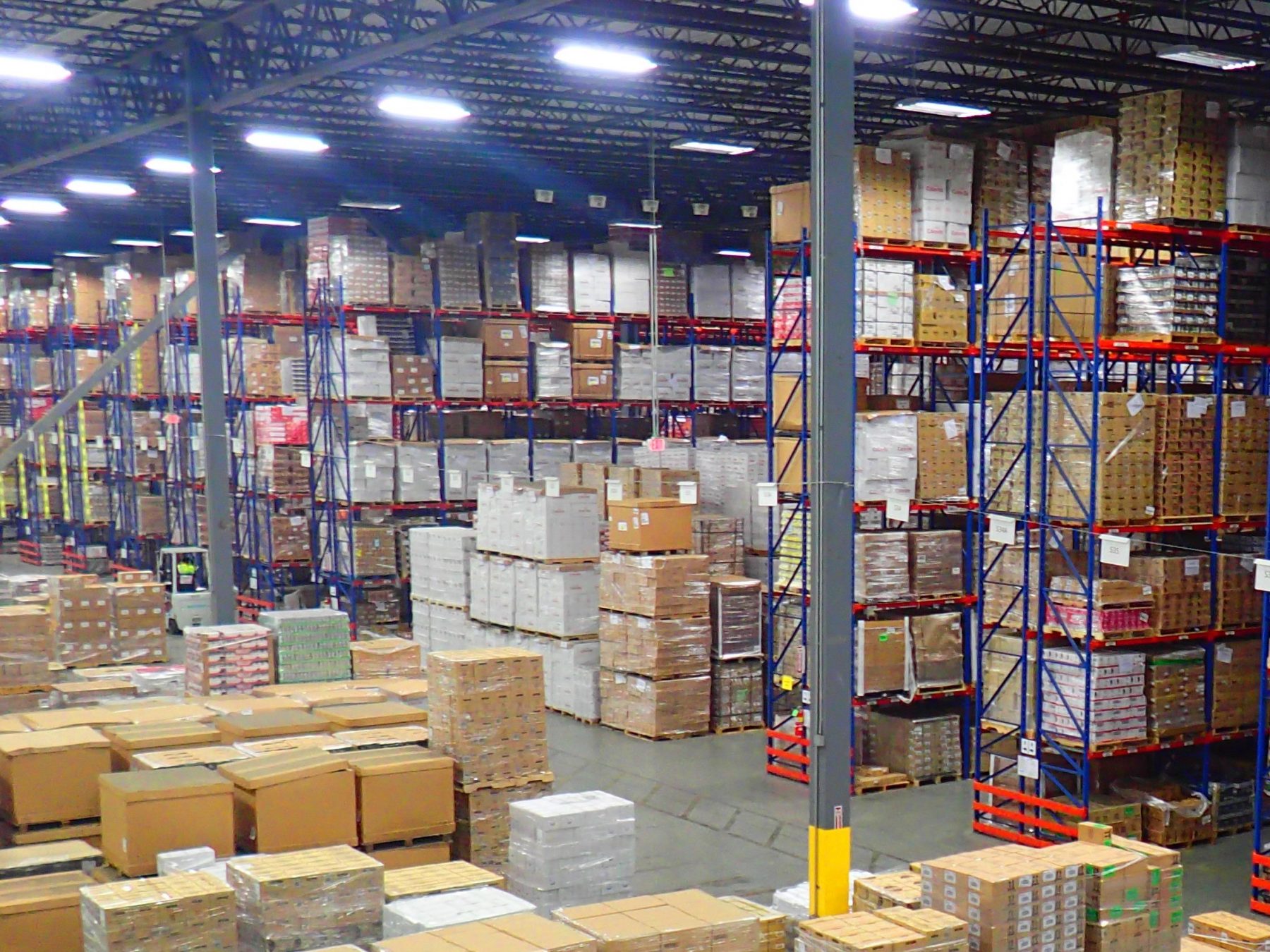
From AIB to Z: The ABCs of Operating a Food Warehouse
From the outside looking in, operating a food warehouse may seem fairly simple. How difficult could it be to store pallets of finished food products in the same location until they’re ready to be shipped out? In reality, there are many policies and procedures that are essential for a warehouse to be up-to-par for food storage. As anyone who has seen an episode of the television show Kitchen Nightmares can vouch, storing food until it’s ready for consumption is not just a “set it and forget it” situation. And even though Chef Gordon Ramsey focuses on restaurants in his show, many of the same issues come into play when storing food on a larger scale, such as a warehouse. There are numerous requirements that your warehouse must follow to ensure that your products are stored safely and leave the warehouse in the same condition that they arrive, such as:
Audits – Whether it’s AIB (American Institute of Baking) or another official certifying body, verify that your warehousing provider has the audit and certification to support their adherence to industry standards for food storage.
Cleanliness – When discussing the quality of warehouses, you may hear that a warehouse is so immaculate that “you could eat off the floors.” Indeed, clean floors are a sign of a clean warehouse overall and the cleanliness of a warehouse is one of the most important factors in storing food products safely. Building maintenance, shift porters, floor sweeping machines and regular dustings of pallet tops creates the optimal conditions for storing food. (Note: eating off the floors is prohibited in a food warehouse, as are any open food or beverages. An essential step of cleanliness is regulating what is permitted into the warehouse by visitors and employees.)
FDA Registration – If the warehouse is not FDA registered, it’s not a food warehouse. Many companies believe that just because they keep a clean facility, they can consider themselves a food warehouse. The FDA requires that any location where food product is stored must be registered with the FDA to be compliant with the Food Safety Modernization Act (FSMA) to help ensure the safety of all food product. This is especially important for imported food product so the FDA can easily identify the chain of custody for imported products.
Product Mix – Any products with odors that could potentially absorb into food products should not be stored in the warehouse, ie. tires and strong fragrances. A building should be screened for a history of storing these products, as the smells can linger long after the odorous product is gone.
Quality control – Having a warehouse with quality control procedures and policies in place safeguards your products from undesirable circumstances. Procedures such as pest control, glass and brittles policies, recall procedures, organic and allergen segregation, and lot code and expiration date monitoring are essential for maintaining the quality of your products.
Temperature Control – Whether the product requires ambient or temperature-controlled storage, active temperature monitoring ensures that the warehouse temperature doesn’t rise or drop drastically, which can compromise the stability of the products and risk the safety of consumers.
Just because your manufacturing process is ironclad, doesn’t mean you can neglect your warehousing process. As the last line of defense between your products and your customers, the quality of your warehouse is essential to a well-functioning supply chain. If you’re struggling with any quality issues with your current warehouse, contact Tyler Distribution today to discuss how we can help you.
Tyler Distribution Centers, Inc. operates multiple warehouses throughout New Jersey with a focus on food, beverages, consumer packaged goods and beyond.
